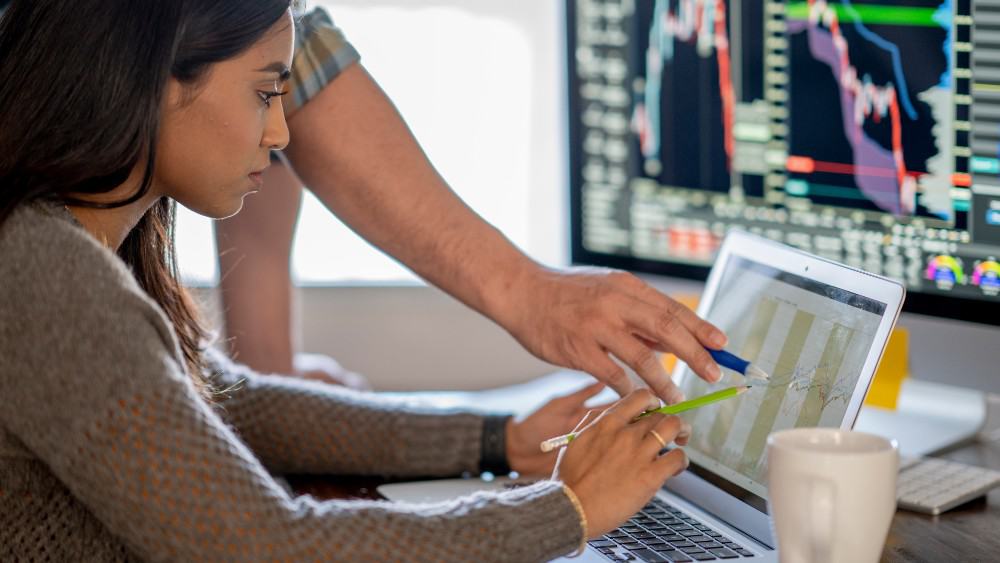Canadians work hard to save money for their financial future. Don’t fall victim to investment scams that claim will make you tonnes of money with little to no risks. High-return and no-risk investments don’t exist. Remember that if an investment sounds too good to be true, it’s probably a scam. With the increased buzz around people making fortunes from cryptocurrency, you can throw cryptocurrency into the mix of investment scams!
Cryptocurrency investment scams
Cryptocurrency is relatively new. This makes people who are new to the idea of investing in crypto easy prey to scammers who may have fake investment products, fake cryptocurrency exchanges, and fake websites. Especially during the pandemic, cases of cryptocurrency scams have been shooting through the roof!
You can find out more in this article from the Federal Trade Commission of the U.S. government website describing the different types of cryptocurrency scams. Some key takeaways from the website include:
- Promises of guaranteed huge returns or claims that your cryptocurrency will be multiplied are always scams.
- The cryptocurrency itself is the investment. You make money if you’re lucky enough to sell it for more than you paid. Period. Don’t trust people who say they know a better way.
- If a caller or organization insists on cryptocurrency, you can bet it’s a scam.
Investment scams through social media
Scammers are everywhere. Social media makes it easy for them to lure in potential victims. You could be exposed to investment scams if you use any kind of social media, including but not limited to Facebook, Twitter, Youtube, WhatsApp/WeChat, and dating apps.
Random strangers might add you as a friend or start talking to you on Facebook, WhatsApp, or WeChat. It’s highly likely that once you start responding to these actual scammers, the conversation will eventually lead to them talking about an awesome “investment” that will make you high returns in a very short time.
Sometimes, these scammers direct you to a seemingly professional website/app that appears to be legitimate. You will even see your investment making money very quickly. Or the investment can turn south. Either way, the scammers will aim to persuade you to deposit even more money into the account. All of the profit and loss data on the “investment” can be fake because that website/app was bogus, to begin with. If they direct you to deposit money to multiple accounts, no matter what seemingly legitimate reason they give, it’s a red flag.
The scam scenario is similar for dating apps. You meet someone on an app. It felt like it has developed into a romantic relationship, but sooner or later, the person on the other end will talk about an “investment.”
Eventually, when you run out of money to “invest” or you try to withdraw money from the “investing” account, you can’t and the scammer disappears.
“Endorsement” by a well-known company or celebrity
Some scammers pose to be a celebrity or claim to be associated with a well-known company or celebrity. Then, they seek to get you to transfer money or cryptocurrency to them for an incredible “investment” that you can’t miss because it’s going to be gone very soon.
The key takeaway
Whenever you find yourself pressured to invest, it’s a warning sign that you’re seeing a scam. You should have all the time you need to decide to invest or not. Don’t understand an investment or feel pressured? Walk away from it.
If you’re looking to build your wealth safely, talk to a qualified financial advisor and start with an online brokerage. You can invest in a variety of legitimate investments including government and corporate bonds, stocks, exchange-traded funds, and mutual funds. Some brokerages even offer robo-advising if you want to invest passively.


